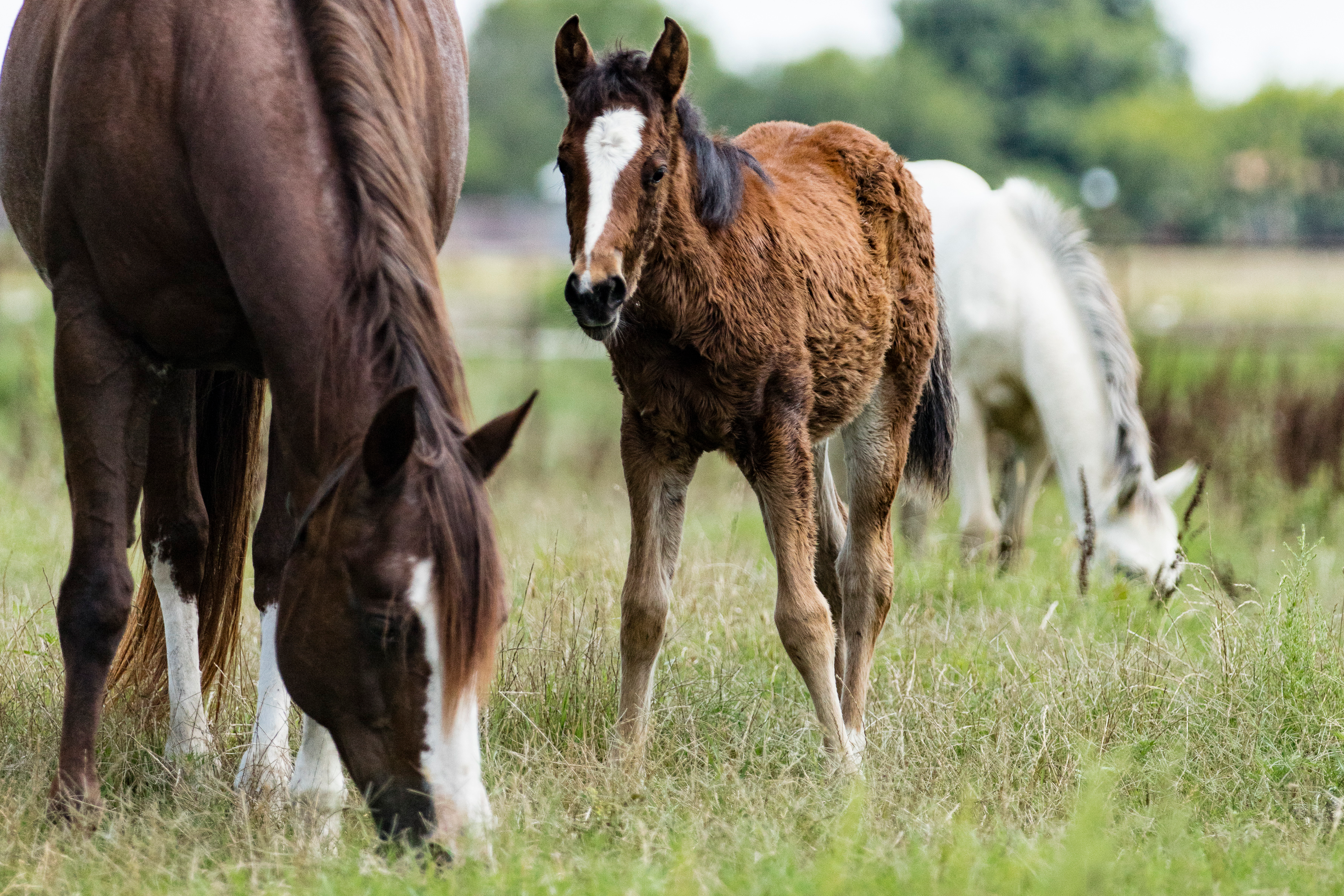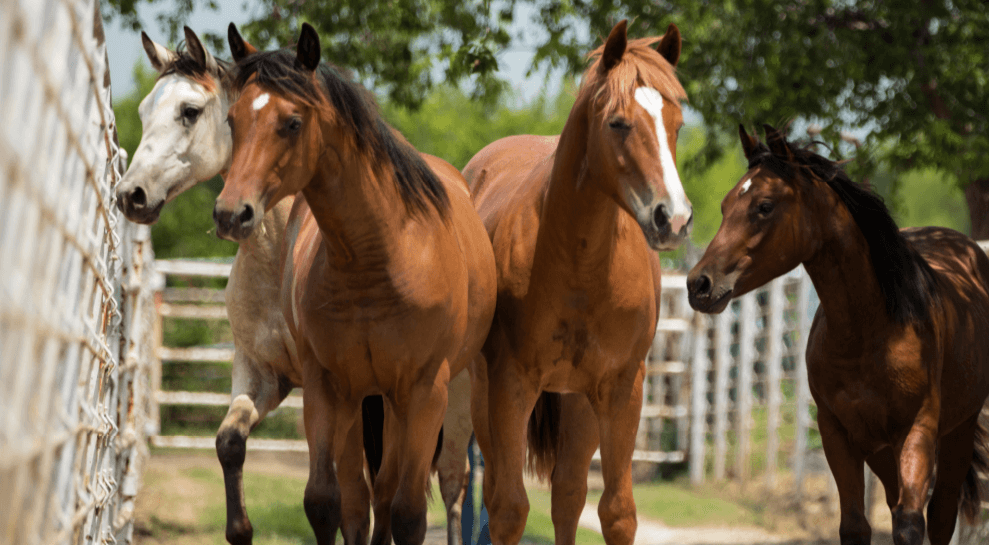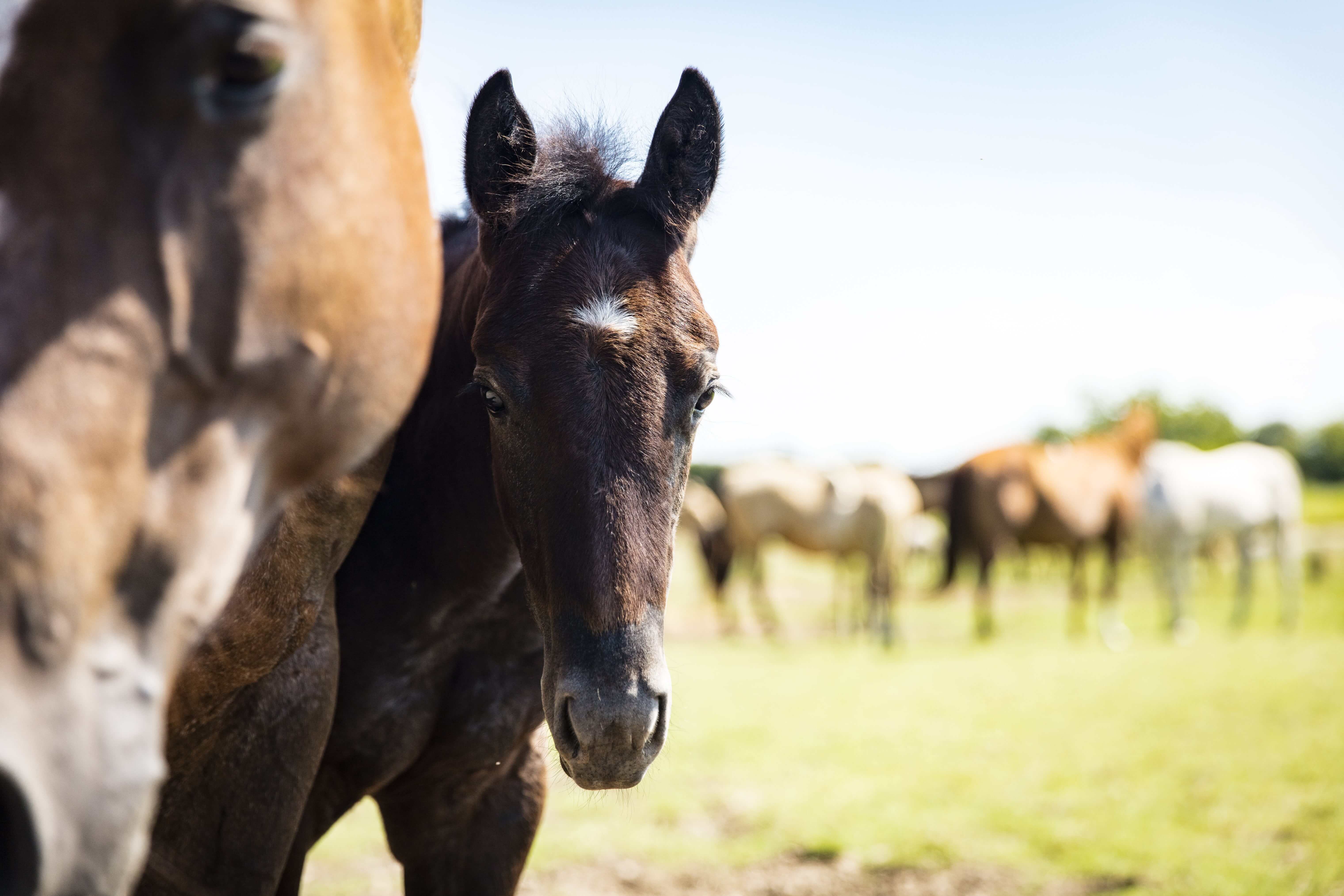Protecting Horse Health from Disease
Flies in and around horse stables are more than just a nuisance. Not only do they annoy horses, riders, and stable managers, they can also carry and transmit serious diseases that put a horse’s well-being at risk. To better control fly populations and protect against equine diseases, it’s important to know the signs and implications of four common equine diseases spread by flies.
1. Pigeon Fever
Once found mainly in California, pigeon fever has now been documented in 25 states across the United States. Pigeon fever can be spread to horses by house flies, stable flies, and horn flies by landing on open sores and/or injecting the bacteria from their mouthpieces with a bite into the horse. An infection commonly leads to external abscesses, though some horses develop more serious forms, including internal abscesses and infection of the legs.
2. Summer Sores
Summer sores are caused by house flies, face flies, and stable flies. Flies pick up the larvae of stomach worms in manure and deposit the larvae to moist areas around the eyes, nostrils, mouth, and genitalia of horses, creating a painful allergic reaction.
3. Midline Dermatitis
Horn flies often cause problems for horses that are pastured with or near cattle. These flies like to feed on the shoulders, neck, withers, and belly. This can lead to abdominal midline dermatitis, which results in skin inflammation on horses.
4. Equine Granular Dermatitis
Biting stable flies and house flies carrying fungi into wounds can cause equine granular dermatitis, which results in ulcerated skin lesions that make the horse look like they have been burned. This tends to occur in climates with extended periods of warm weather, such as the southeastern United States.
Control Flies and Prevent Equine Diseases
One horse’s manure can be a breeding ground for up to 10,000 flies per day. Creating an integrated pest management program built around ClariFly® Larvicide, a feed-through solution for the control of house and stable flies, can minimize the threat of the many common fly-borne diseases that torment horses. When fed correctly, ClariFly® Larvicide decreases the development of flies in the manure of treated animals by as much as 96.7%. ClariFly® Larvicide is available in blocks, tubs or top dress feeds for horses.
Learn more in our Equine Brochure.



